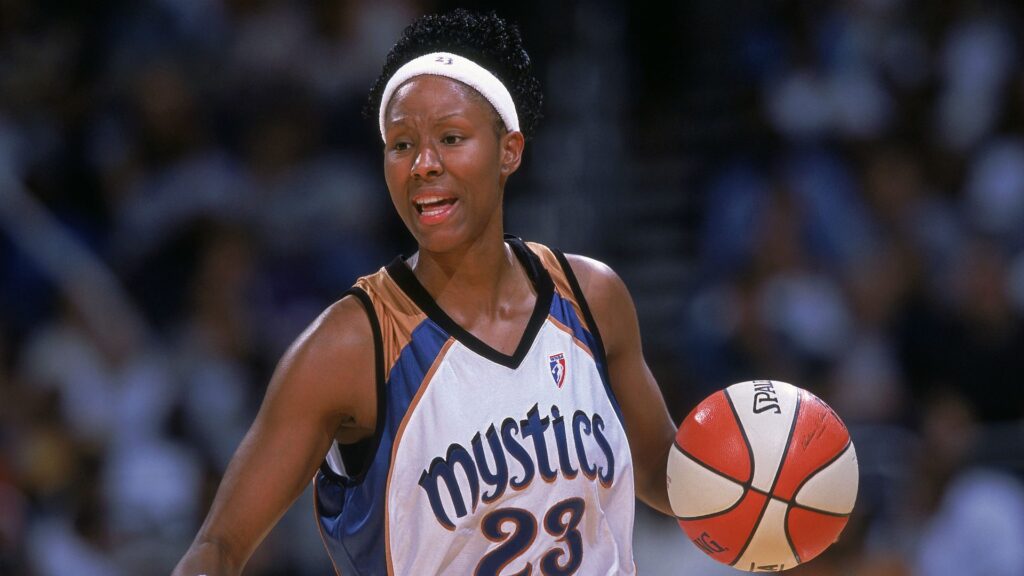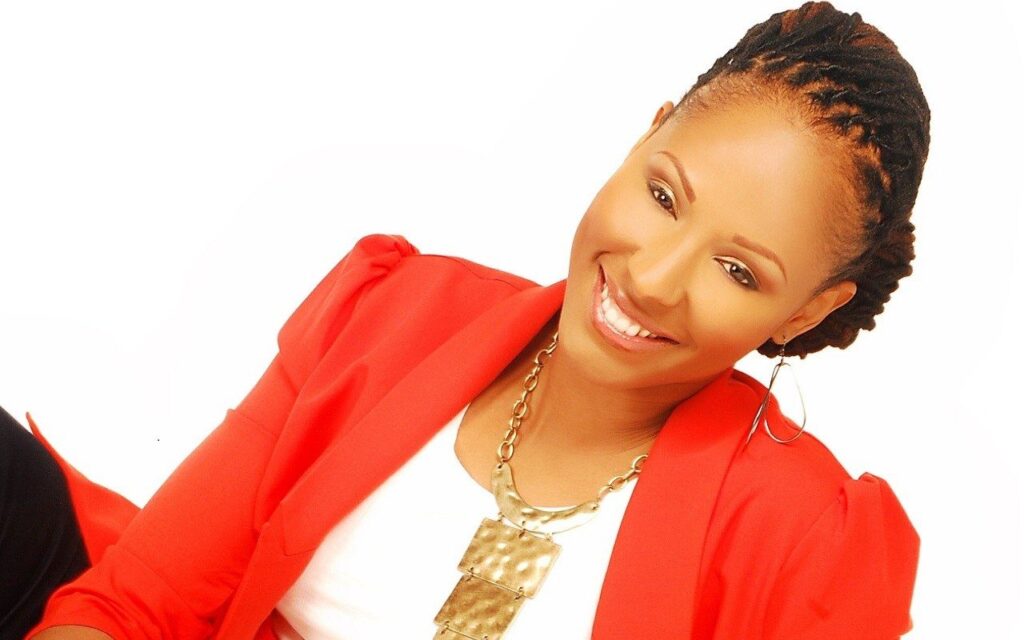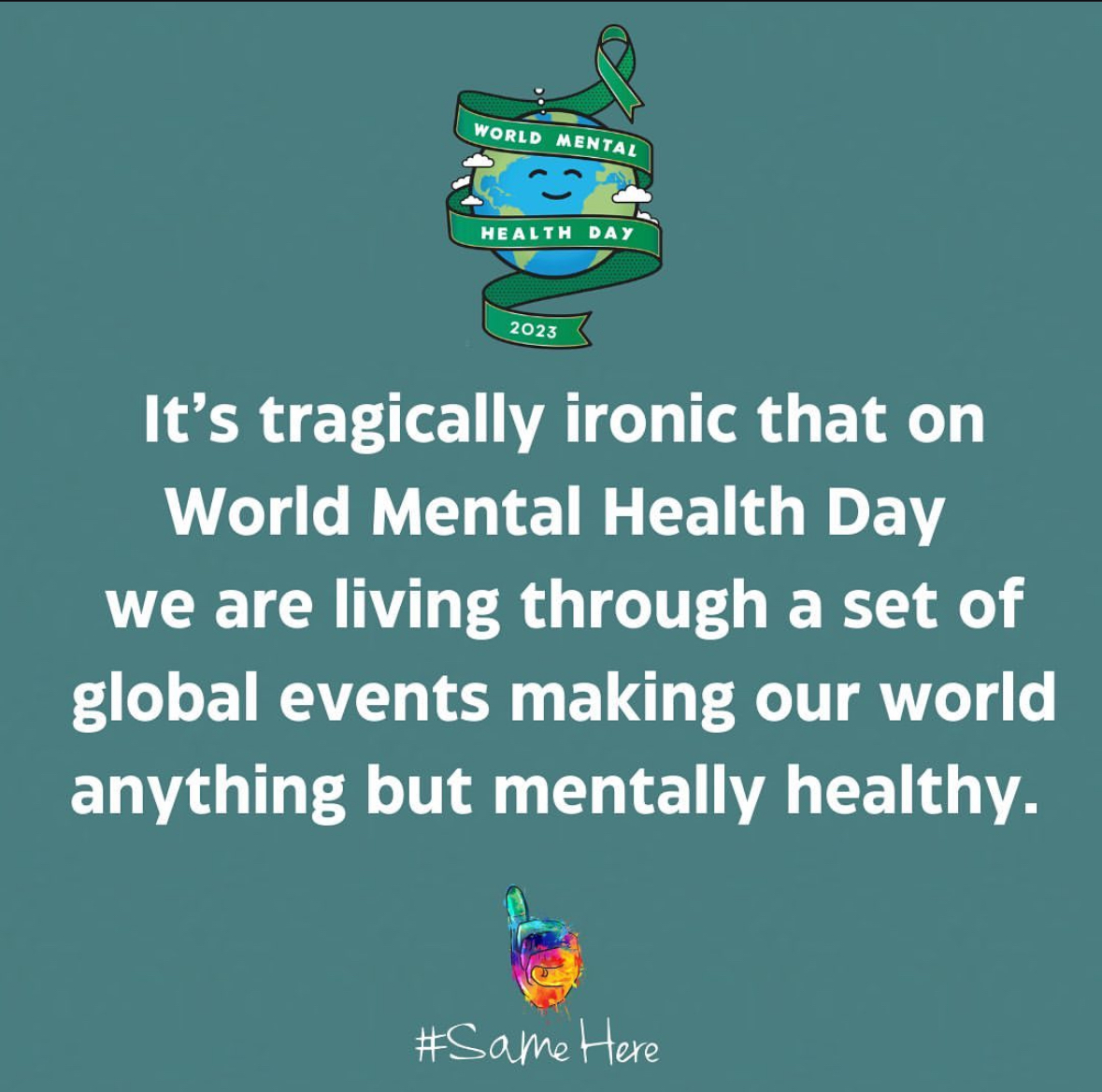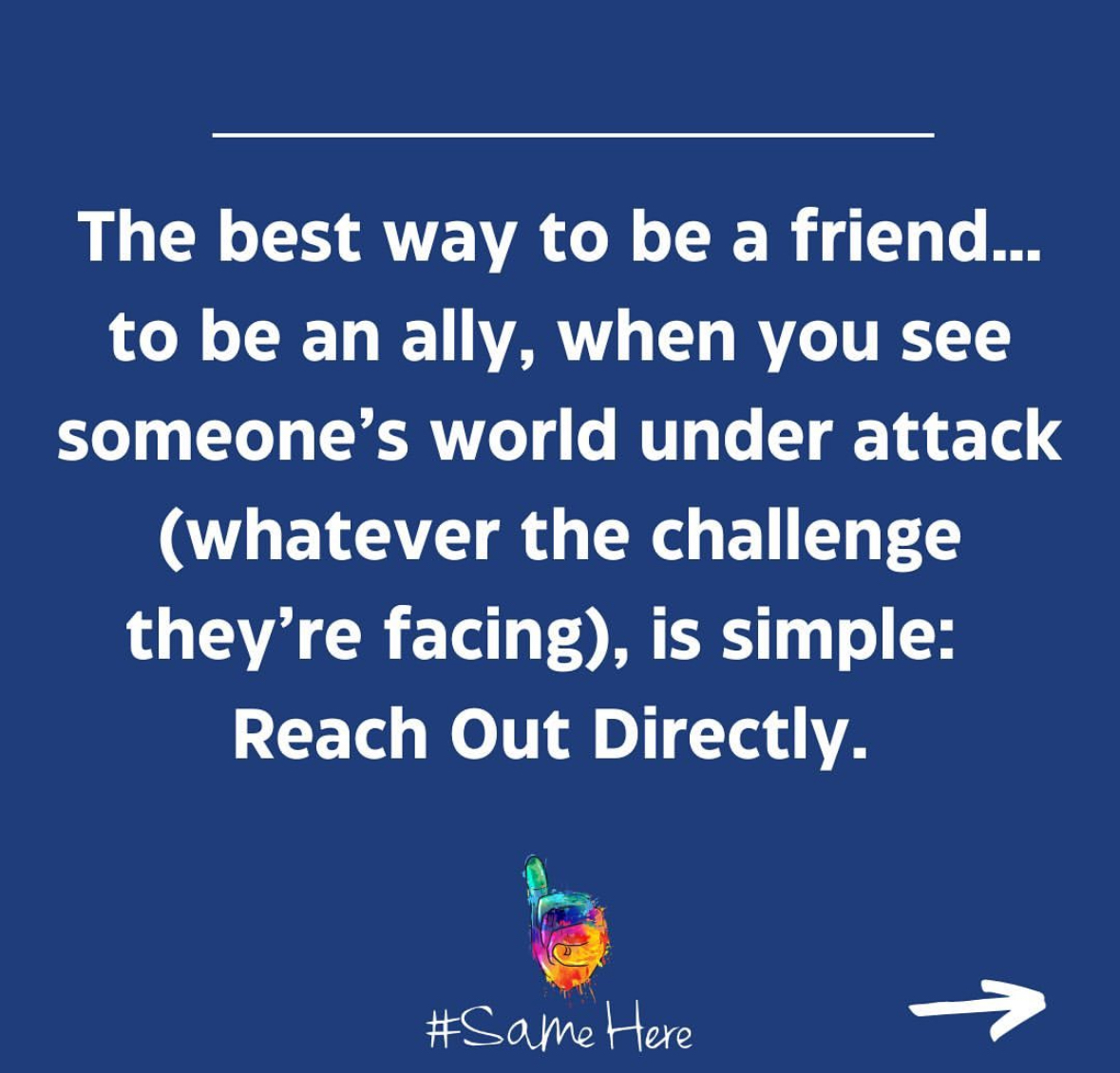I had anxiety and anger issues growing up. I was always having mood swings and acting out in school and at home. It was always hard for me to concentrate except for when I was playing basketball and reading. My grandmother was the only person that could calm me down when my anxiety worked me up. I would completely destroy my bedroom and anything that didn’t go my way, I would blow up. Being so competitive in basketball and sports, I felt as if it was equated to my passion, but looking back I know that I was battling depression and anxiety. I also think that not being able to talk about my feelings and not feeling safe enough to express myself made my anger grow and fester internally.
As I got older, and my talent and the acknowledgment of my talent was more paramount, I started to feel ashamed of my depression and constant mood swings. I was scared that my teammates would see that side of me and not like me or think something was wrong for me. So, I tried to hide my issues as much as I could. They just continued to grow and made it harder for me to keep my issues a secret. I was having suicidal thoughts and my episodes with depression and mania would last for days at a time. It took me to hit my rock bottom to finally seek help and live in my truth that I needed help, professional help.





